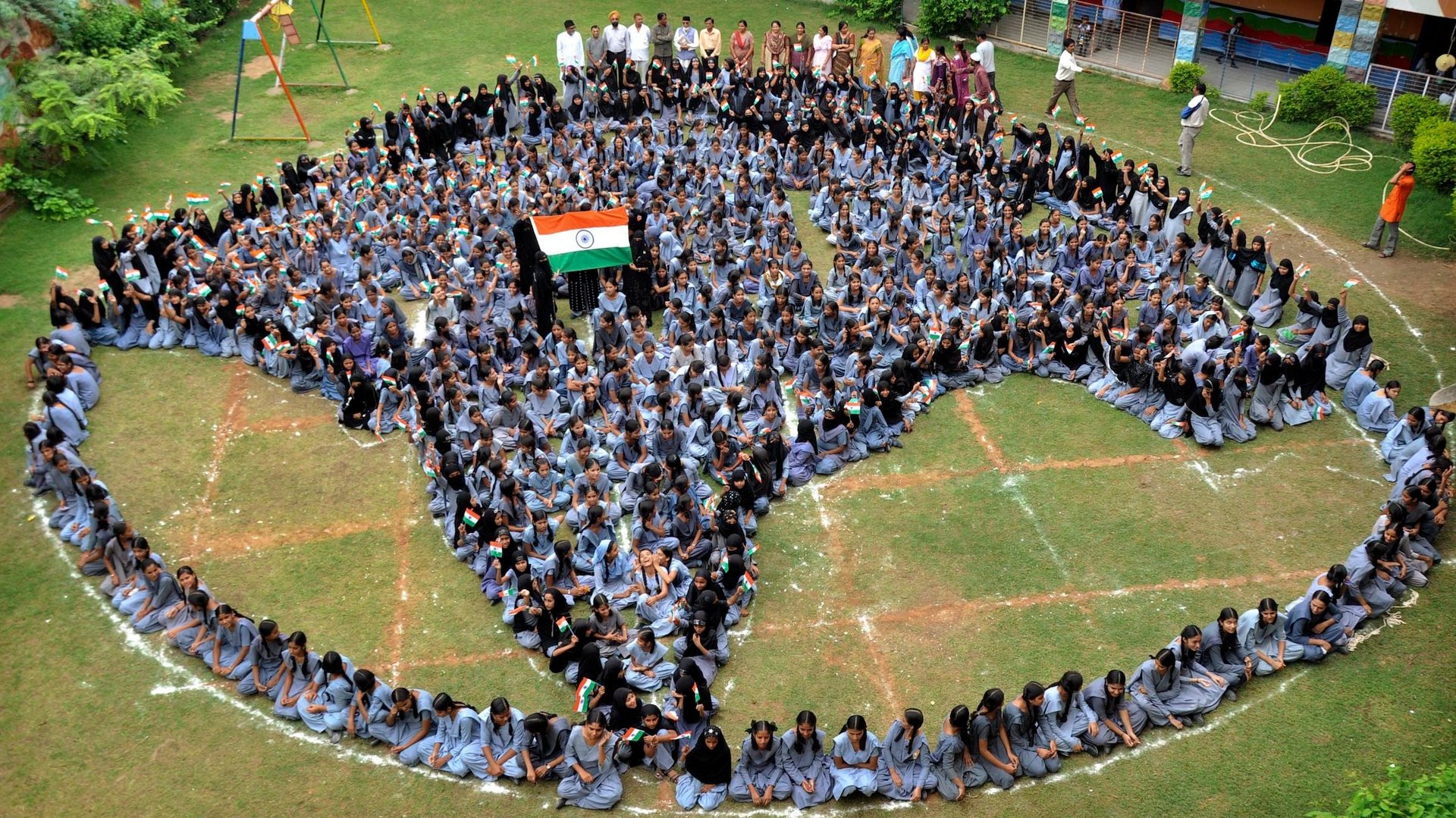India’s federal investigating agency opens enquiry against Google’s mapping contest
Google had organized its mapping contest, ‘Mapathon,’ from February 2013 to March 2013 in India. It invited users to help Google map local hospitals, eateries and places of worship in India. Users with the most number of published edits would win prizes such as Samsung tablets.


Google had organized its mapping contest, ‘Mapathon,’ from February 2013 to March 2013 in India. It invited users to help Google map local hospitals, eateries and places of worship in India. Users with the most number of published edits would win prizes such as Samsung tablets.
Turns out the contest was too successful.
Some users apparently marked defence installations and other classified establishments that are not marked in regular official maps published by the Survey of India (SoI), the country’s official mapping and survey organization. The agency cried foul and the Central Bureau of Investigation (CBI) has opened an investigation against Google.
The Survey of India has accused Google of organizing the contest without its permission and mapping sensitive areas and defence installations. On 21 March 2013, SoI had written to Google India asking it to stop the mapping contest for running afoul of India’s National Map Policy and endangering national security.
It later filed a police complaint last year (paywall) which was initially handled by the Delhi police. The case has now been transferred to the CBI.
As per the National Map Policy (pdf), SoI is responsible for “…producing, maintaining and disseminating the topographic map database of the whole country…”
The National Map Policy gives SoI monopoly over the distribution of maps in the country. Its Open Series Maps, which include information such as roads, railways, forest areas, rivers and administrative boundaries, can only be “brought out exclusively by SoI.” Companies require permission from the federal defence ministry, federal home ministry, and the SoI for carrying out mapping activities. They can face civil or criminal charges if they fail to take permission.
Google India earlier said it had informed the relevant Indian authorities about its mapping softwares and services. SoI, however, maintains the company didn’t seek any permission.
“We are in touch with relevant authorities and take national regulations and security very seriously. We are not aware of any privacy issues and have nothing more to share at this point in time,” a Google spokesperson said in an email response to Quartz.
Maps and satellite imagery have been a contentious issue for Google. In a similar case in 2007, Indian defence officials had raised security concerns over Google Earth’s high resolution images of the country. The company had later agreed to blur those images.
There are 32 countries Google Maps won’t draw borders around and borders drawn on Google Maps will vary depending on your location. For example, Arunachal Pradesh, which is claimed by both India and China, will be shown as a part of India when it is viewed from India and it becomes a part of China when the same map is viewed from China.
India is one of the most important markets for Google, especially for its Android software. The company chose three Indian handset makers—Micromax, Spice and Karbonn—to launch its Android One program meant for inexpensive smartphones.
The company, however, has been mired in legal disputes for allegedly hosting content that local authorities considers objectionable.